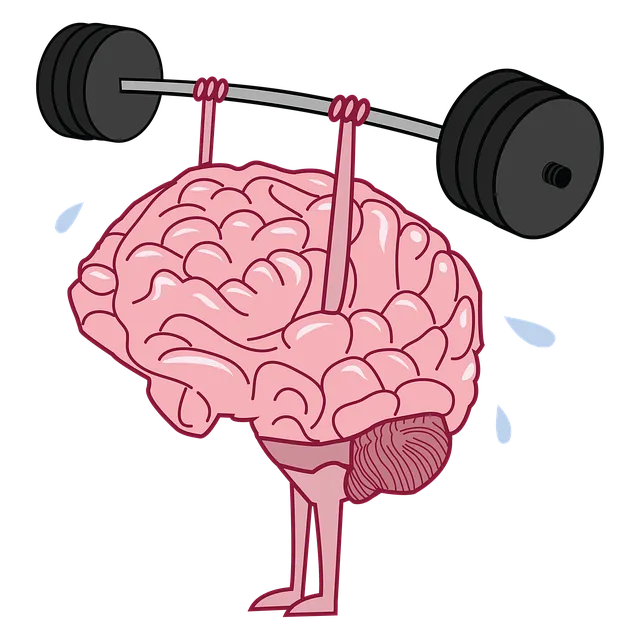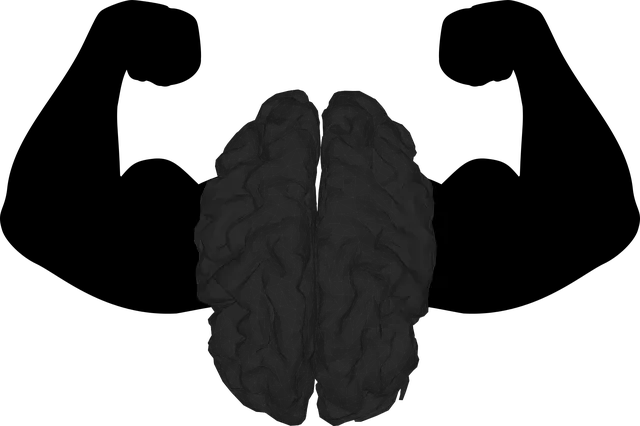The Boulder Kaiser mental health programs offer comprehensive support for depression through early intervention, focusing on recognizing signs like persistent sadness, changes in appetite/sleep, and stress management. Their holistic approach emphasizes coping skills development, trauma support, and proactive lifestyle changes such as exercise, balanced diets, and mindfulness to build resilience and emotional intelligence. By combining education, crisis intervention, and positive thinking strategies, these programs empower individuals to effectively manage their mental health long-term.
Depression is a prevalent and serious condition, yet it’s not always recognized or addressed early. This comprehensive guide explores strategies to prevent and manage depression, emphasizing proactive steps towards well-being. We delve into recognizing signs and symptoms, highlighting the supportive services offered by Boulder Kaiser mental health programs. Additionally, we discuss lifestyle changes, building resilience, and long-term mental health management techniques that can empower individuals to take control of their mental health.
- Understanding Depression: Recognizing the Signs and Symptoms
- Boulder Kaiser Mental Health Programs: An Overview of Supportive Services
- Lifestyle Changes for Enhanced Well-being: A Proactive Approach
- Building Resilience: Strategies for Long-term Mental Health Management
Understanding Depression: Recognizing the Signs and Symptoms

Depression is a complex mental health condition that can significantly impact an individual’s daily life and overall well-being. Recognizing the signs and symptoms early on is crucial for effective prevention and treatment. The Boulder Kaiser mental health programs have been designed to address this growing concern, offering comprehensive support for those at risk or currently experiencing depression.
The initial step in prevention involves understanding the various indicators of depression, which can include persistent feelings of sadness, loss of interest in activities once enjoyed, changes in appetite and sleep patterns, fatigue, difficulty concentrating, and even thoughts of self-harm. The Stress Management Workshops Organization emphasizes that these signs may vary from person to person, but recognizing them early is key. Coping Skills Development techniques taught by such organizations empower individuals to manage stress and emotional challenges before they escalate. Additionally, Trauma Support Services play a vital role in healing and prevention, as trauma often contributes to depressive disorders. By seeking help through these specialized programs, individuals can navigate their mental health journey with the necessary tools and resources.
Boulder Kaiser Mental Health Programs: An Overview of Supportive Services

Boulder Kaiser Mental Health Programs offer a comprehensive suite of supportive services designed to address various aspects of mental well-being. These programs recognize that preventing depression involves more than just treating symptoms; it encompasses fostering resilience, promoting emotional intelligence, and enhancing overall mental health awareness. Through a multi-faceted approach, they provide resources for stress management, coping mechanisms, and building healthy habits that can mitigate the risk of depressive episodes.
The Mental Health Education Programs at Boulder Kaiser are particularly notable for their focus on education and self-care. They offer workshops, group sessions, and one-on-one counseling that delve into topics such as mindfulness, stress reduction techniques, and emotional regulation strategies. By equipping individuals with these tools, the programs aim to empower them to navigate life’s challenges more effectively and maintain a positive mental health balance.
Lifestyle Changes for Enhanced Well-being: A Proactive Approach

In the pursuit of mental well-being, adopting a proactive lifestyle becomes a powerful tool against depression. Boulder Kaiser mental health programs emphasize holistic approaches, focusing on more than just treating symptoms; they empower individuals to cultivate inner strength and resilience. This involves making conscious choices in daily routines that positively impact overall health. For instance, regular physical activity, sufficient sleep, and a balanced diet are not just recommendations but essential strategies for enhancing mood and energy levels. Engaging in activities that foster self-esteem improvement, such as pursuing hobbies or learning new skills, can provide a sense of accomplishment and purpose.
Additionally, stress management techniques play a pivotal role in preventing depressive episodes. Practicing mindfulness, meditation, or deep breathing exercises helps individuals navigate life’s challenges with greater ease. Building a supportive social network and engaging in meaningful conversations contribute to a sense of belonging and emotional stability. By incorporating these lifestyle changes, individuals can take charge of their mental health, strengthening their inner resilience and equipping themselves with valuable coping mechanisms.
Building Resilience: Strategies for Long-term Mental Health Management

Building resilience is a powerful tool for long-term mental health management, and it’s an area where Boulder Kaiser mental health programs excel. By equipping individuals with strategies to navigate challenges, these programs foster a sense of empowerment. One key aspect is encouraging positive thinking; this involves reframing negative thoughts and cultivating gratitude, which can significantly improve one’s outlook. Additionally, social skills training plays a vital role in connecting people with supportive networks, enhancing their ability to cope with stress and fostering a sense of belonging.
Boulder Kaiser’s approach goes beyond individual therapy by offering crisis intervention guidance tailored for various situations. This proactive measure ensures individuals have the tools to manage intense emotions during difficult times. By combining these strategies, the programs enable participants to build mental fortitude, promoting better overall well-being and resilience in the face of life’s curveballs.
In conclusion, depression prevention is a multi-faceted approach that combines understanding, proactive lifestyle changes, and building resilience. Recognizing signs and symptoms early on is crucial, and seeking support from resources like the comprehensive Boulder Kaiser mental health programs can significantly aid in managing and overcoming depression. By adopting a holistic strategy that includes both professional guidance and personal wellness practices, individuals can take charge of their mental health and foster long-term well-being.






